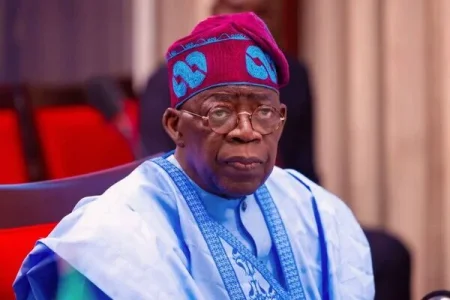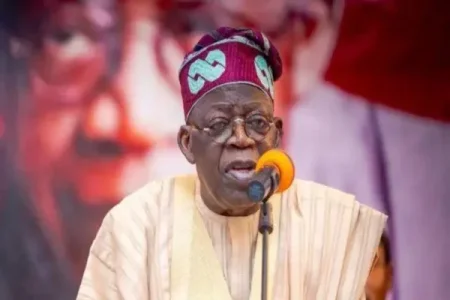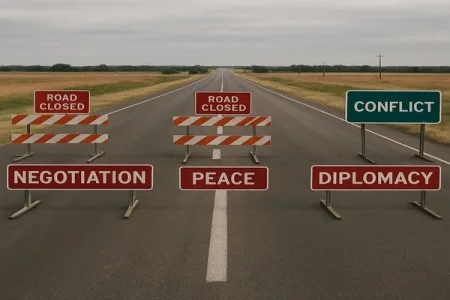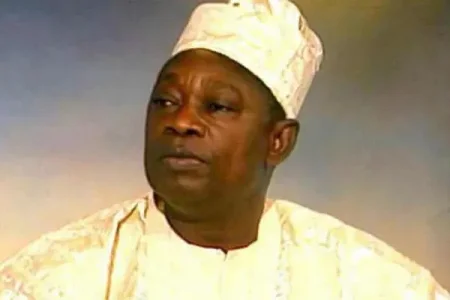
President Bola Tinubu delivered his Democracy Day address to a closed joint session of the National Assembly whilst protests occurred outside. The exclusive gathering heard Tinubu defend democratic principles and reject one-party state allegations, announcing economic achievements including 3.4% GDP growth and posthumous honours for democracy heroes. Security arrangements restricted public access to the Democracy Day celebration, creating a visible separation between lawmakers inside and citizens outside.
- Elite-Only Democracy Day: The President spoke exclusively to lawmakers whilst citizens remained barred from witnessing their leader's democracy address
- Economic Progress Highlighted: GDP grew 3.4% in 2024, foreign reserves increased fivefold, over 100,000 accessed consumer credit
- One-Party State Rejected: Tinubu firmly denied that the APC was creating a single-party system, welcoming new members from opposition parties
- 52 Heroes Honoured: National honours conferred, including Kudirat Abiola (CFR), Prof. Wole Soyinka (GCON), Uncle Sam Amuka Pemu (CON)
Democracy Day behind closed doors reveals Nigeria's governing paradox: celebrating inclusion through exclusion. When presidents honour democracy heroes whilst blocking everyday heroes from listening, the medium contradicts the message entirely.
The visual metaphor cuts deeper than policy announcements. Nigerians watching from outside witness their president discussing their democracy without them present. This exclusion transforms national celebration into an elite networking event, where power talks about people rather than with people.
Most revealing is timing: addressing one-party fears whilst demonstrating exclusive governance. Tinubu's passionate defence of democratic participation to a hand-picked audience creates theatrical irony where actions undermine words. For ordinary Nigerians, the simultaneous protests outside provide a perfect counter-narrative, whilst lawmakers heard about democratic progress, citizens demonstrated its absence.
What does celebrating democracy behind closed doors whilst citizens protest outside reveal about Nigeria's power structures? Can economic progress justify limiting democratic participation?
Sources
The Guardian Nigeria




